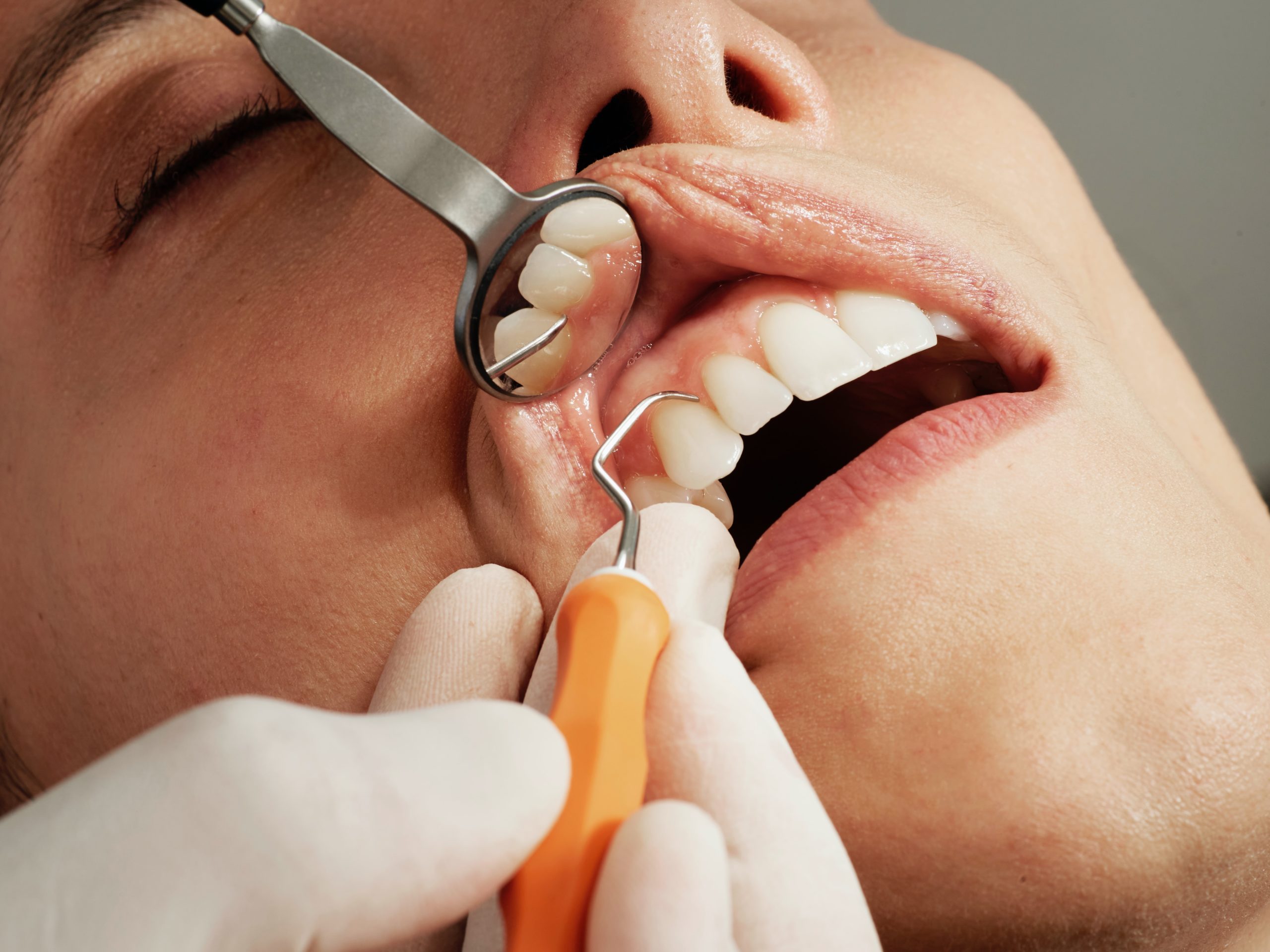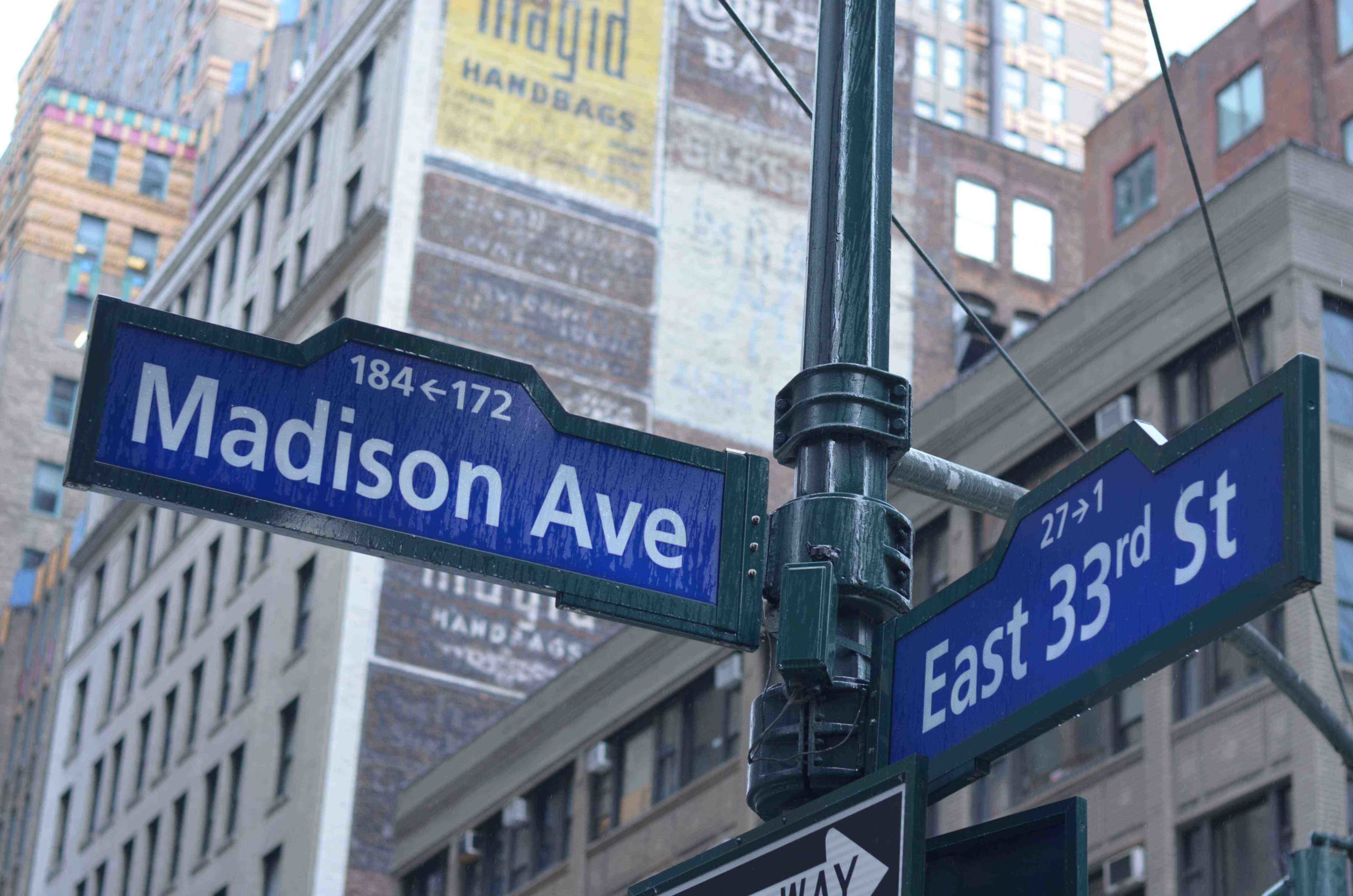
We are human beings. We are not machines or computer programs. Our body and psyche are in a state of dynamic equilibrium. Every day we encounter stresses that try to disrupt the harmony that our bodies seek. When we are in balance we call this “health”. We will discuss the causes, habits, and forces that allow our teeth to shift. We will discuss how to avoid these problems and how to deal with them once they have occurred.
The roots of our teeth have a ligament or membrane surrounding them. This ligament is called the Periodontal Ligament. It is the interface between the tooth and the bone. The teeth are not directly fused to the bone. Implants are but not our natural teeth. Through the ligament nutrition, blood and oxygen are able to travel to the pulp of the teeth. The ligament acts as a natural shock absorber when we chew, grind or suffer trauma to our jaw. The fact that the ligament exists is the basis for all orthodontic therapy; that is the guided movement of teeth to obtain a healthy, cosmetic, and functional alignment of the teeth. Imperceptible movements of our teeth and normal, anything that drastically, acutely changes the position of the tooth is pathological and should be treated by our dentists at 172 NYC Dental.
So our teeth when correctly aligned hold the other teeth in place. If some force or habit changes this relationship, pathology can occur. In science, we learn that Nature “abhors a vacuum”. This means that if there is a space in the jaw ( in our arch), from a missing tooth; the teeth on either side of the space will tilt (shift) sideways to try to fill in space. Furthermore, the tooth opposite the space in the opposing jaw will grow (up or down), extrude into the missing space of its partner in the other jaw.
Factors that Affect Tooth Shifting
- Jawbone growth: As we age the jaw grows forward and becomes narrower-as the jaw changes shape the teeth in the jaw will shift position
- Gum disease (periodontitis): This disease is associated with loss of bone. This in turn causes loosening of the teeth and eventually shifting and tooth loss.
- Grinding: This is called bruxism. It can be accompanied by clenching. Many times this occurs at night, without realization by the patient. Grinding causes wear on the occlusal surfaces of the teeth, thus affecting their relationship when we close our mouths. The horizontal forces from grinding cause bone loss and again loosening of teeth and shifting.
- CPAP machines: To prevent sleep apnea
- Incomplete dentistry: Not having cleanings and checkups, not replacing missing teeth in the arch, too rapid orthodontic treatment.
- Habits: Thumbsucking, tongue thrusting, chewing objects (pencils) other than food
- Poor sleep
Remedies For Tooth Shifting
- There isn’t much that a dentist can do to stop a patient’s jaw from growing. We can use orthodontics (Invisalign) and in rare cases, corrective surgery to mitigate any pathological jaw growth. By going to the dentist regularly we can nip these conditions in the bud with interceptive orthodontics (clear aligners).
- Having regular checkups and cleanings, two times per year helps thwart periodontal disease. Brushing our teeth twice a day for two minutes with a soft brush and nonabrasive fluoride toothpaste is a must. Flossing every night and cutting back on refined sugars will stop periodontal disease and tooth movement.
- Wearing an inexpensive night guard is our first defense in treating grinding. Engaging in meditation and deep breathing exercises is very helpful in reducing stress. Placing the tip of the tongue between our front teeth on their edges helps to stop the clenching. Placing our tongue to the most posterior superior position on our palate and then opening and closing ten times also re-enforces jaw relaxation. At bedtime placing a warm washcloth on the cheeks near our temples, followed by a gentle massage will stop grinding and thus stop unwanted tooth movement.
- Using a dental sleep apnea oral device (which 172NYC Dental provides) instead of the antiquated CPAP, keeps our teeth in the proper position as well as alleviates snoring.
- If we have a missing tooth in key areas of our jaw, we must replace the missing tooth with a partial, bridge, or implant. This will prevent the neighboring teeth from rapidly moving into the missing space and causing all sorts of dental problems.
- If your child is sucking his thumb up to about the time he enters kindergarten, please do not worry, it’s part of the normal development of the child. It is a self-soothing technique that the child uses. After that age continued thumb sucking, tongue thrusting must be addressed. This can be done by forming a dialogue with the child, rewarding for good behavior. having the child help a stuffed animal not to suck its thumb, bitter nail polish, different finger devices that will keep the fingers out of the mouth. If it continues, seek the help of our pediatric dentist at 172 NYC Dental.
- Proper sleep will help to stop grinding and thus unwanted tooth movement. It is best to sleep on our backs with knee support. Sleeping on our side with a pillow between our knees is also acceptable. Turning off electrical devices an hour before bedtime will enable us to fall asleep faster and enter deeper (REM) more productive sleep patterns.
In summary, teeth will move microscopically as we eat, speak, exercise, and enjoy our lives. This is normal and not a problem. Through time, trauma, extractions, and habits, teeth can move beyond where they should be, destroying the continuity of the arch. This lack of proper relationship among our teeth leads to gross movement and eventual tooth loss. By committing to regular checkups and having an open dialogue with us; 172NYC Dental can help you to avoid any dental problems before they occur. Please make an appointment by calling 646-921-5541 to see us; we are excited to see You.








